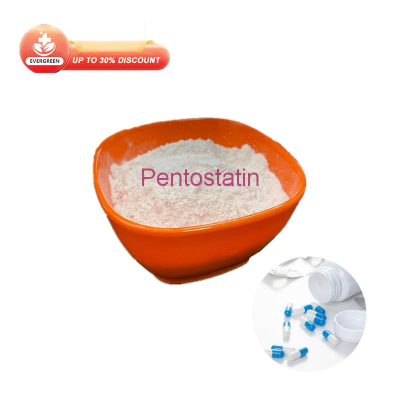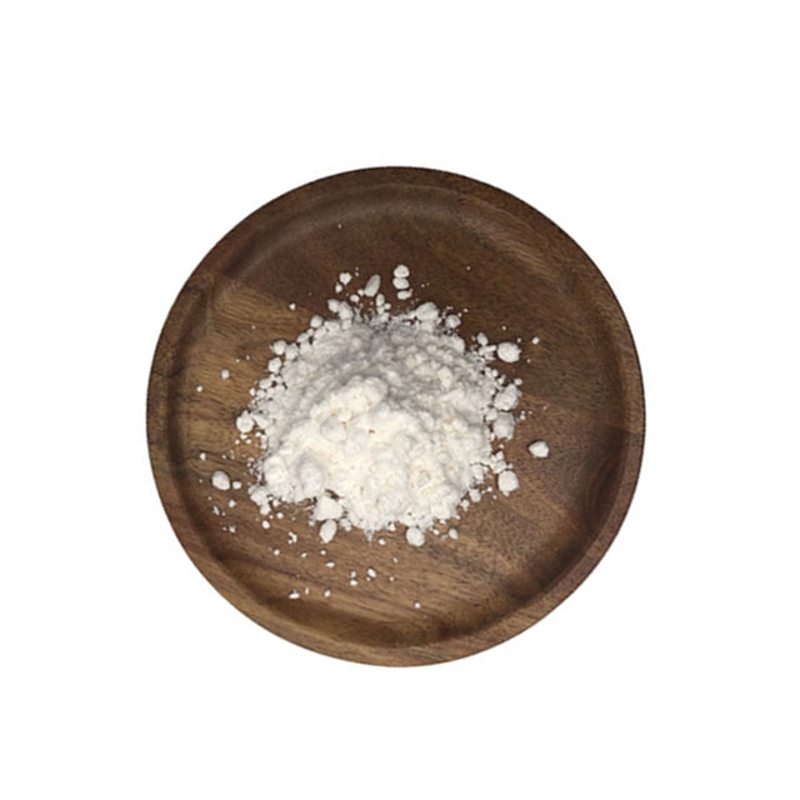-
Categories
-
Pharmaceutical Intermediates
-
Active Pharmaceutical Ingredients
-
Food Additives
- Industrial Coatings
- Agrochemicals
- Dyes and Pigments
- Surfactant
- Flavors and Fragrances
- Chemical Reagents
- Catalyst and Auxiliary
- Natural Products
- Inorganic Chemistry
-
Organic Chemistry
-
Biochemical Engineering
- Analytical Chemistry
- Cosmetic Ingredient
-
Pharmaceutical Intermediates
Promotion
ECHEMI Mall
Wholesale
Weekly Price
Exhibition
News
-
Trade Service
In the past two years, the treatment of first-line treatment in patients with metastatic renal cell carcinoma (mRCC) has changed dramatically.
2018, the release of CheckMate214 data showed that patients treated with nivolumab and ipilimumab had a survival advantage over schoinib in moderate and low-risk mRCC, thus ushering in the era of immunotherapy in mrRCC.
javelin Renal 101 and KEYNOTE-426 studies, published later in 2019, demonstrate the superiority of avelumab and axitinib, as well as pembrolizumab and axitinib, compared to Schoinini in the field of the disease.
two trials have shown for the first time that combining immunotherapy with checkpoint suppression and targeted therapy improves overall survival compared to the previous standard of care, Schoinidini.
analysis after the release of these data proves the obvious advantages of this combination method.
at ESMO 2020, Dr. Choueiri demonstrated the first results of combining nivolumab and Cabozantinib with CheckMate-9ER for first-line treatment of patients with advanced or metastatic renal cell carcinoma, compared to Schoinidinib.
The first report, which has not yet been published, shows that niguru monoanti-cabotine is superior and approved for first-line treatment in patients with advanced renal cell carcinoma, in terms of progress-free survival and total survival.
In a summary of the plenary session of the 2021 ASCO GU Cancer Symposium: Renal Cell Carcinoma-Clinical Trial Renewal Conference, Dr. Robert Motzer presented the latest results of CheckMate-9ER, which assessed the persistence of benefits and patients with sarcoma-like characteristics, an invasive histological subtype with poor prognosis.
CheckMate-9ER is a global multi-center, open-label, randomized phase III. clinical trial that includes patients with previously untreated advanced or metastatic renal transparent cell carcinoma, randomly assigned in a ratio of 1 to 1 to receive Navuliyu monoanti (240mg, Q2W) combined with capotinib (40mg, QD) treatment or schoinib (50mg, QD, rest after 4 weeks) until the disease progresses or is unacceptable toxicity.
of this study is PFS evaluated by the Independent Blinding Review Board (BICR), with secondary endpoints including OS, ORR, and security.
, patients with sarcoma-like RCC can be identified through local pathology reports and the outcomes of these patients can be evaluated through a pre-specified subset of analyses.
of the 651 patients in the ITT population, 75 (11.5%) were found to have sarcoma-like histology, 557 (84.6%) were not found and 19 (2.9%) were not.
34 of the 75 patients were randomly assigned to nivolumab and cabodinib, and 41 were randomly assigned to Schoini.
this analysis, contrary to the main analysis with database locking as at 30 March 2020, this analysis provides updates for the 18.1 months to September 10, 2020.
using these updated data, the authors demonstrated continued significant improvements in progress-free survival (risk ratio 0.43-0.64) and overall survival (risk ratio 0.66,95% confidence interval 0.50-0.87).
in patients with sarcoma-like histology, there was a significant improvement in overall survival and objective remission compared to patients treated with nivolumab and Cabozantinib.
, patients with sarcoma-like histology benefited more than patients without sarcoma-like histology.
, the authors concluded that Nivolumab and cabotinib combined had higher efficacy and survival outcomes, regardless of sarcoma-like histology.
, the results of the CheckMate 9ER Patient Report Outcome (PRO) were reported at the meeting.
data analysis, the medium follow-up time for the overall lifetime was 18.1 months.
baseline, more than 90 percent of patients completed the outcome indicators reported by the patient, and at least 80 percent of all treatment assessments prior to week 91 were completed.
measured with FKSI-19 (all domains) and EQ-5D-3L, the average difference in baseline preference for patients treated with nicotine and cabotinib was the average difference in the overall minimum trannial variance compared to patients treated with schoinib.
Patients treated with Nivolumab and cabotinib had a lighter burden of treatment than those treated with schoinib, and the risk of diagnosis of deterioration was reduced in most measurements, including FKSI-19 overall symptoms, disease-related symptoms (DRS), DRS physical symptoms (DRS-P), DRS emotional agitation (DRS-E), functional health (FWB) and EQ-5D-3L visual simulation scale (VAS) scores.
the authors concluded that, in addition to previously provided data showing the advantages of progress-free and overall lifetime, patients treated with nivolumab and Cabozantinib had statistically significant HRQoL benefits compared to patients treated with schoinib.







